Polluting the environment today leaves serious consequences for the future. However, forcing polluters to compensate for damages is not easy.

Experts give opinions at the workshop on the legal framework for green economic transition - Photo: HN
Proving damage caused by pollution is not easy.
At the workshop "Legal framework for green economic transformation" organized by the University of Economics and Law, Vietnam National University, Ho Chi Minh City (UEL) in collaboration with the University of Paris 1 Panthéon-Sorbonne (France) today, December 3, Dr. Nguyen Thi My Hanh - Head of the Department of International Law, Faculty of Law, Ho Chi Minh City Open University - said that environmental pollution is very common, causing a series of damages.
In the world , the "polluter pays" principle was first proposed at the Organization for Economic Cooperation and Development in 1972. This principle stipulates that polluters must pay for all measures to restore the environment polluted by their actions.
In Vietnam, for the first time in the 2020 Law on Environmental Protection, Article 130 mentioned two types of damage caused by environmental pollution and degradation: damage to the environment itself and damage to the legitimate rights and interests of the subject.
However, in reality it is not easy to demand compensation for damages from the polluting unit.
"Polluting the environment is not enough to claim compensation for damages, but causing damage, proving that damage has occurred. Proving damage is very difficult because it does not happen immediately, is not immediately visible, but the damage caused by the environment must be done over a long period of time, sometimes requiring the use of measuring technology equipment.
"Proving environmental pollution is difficult, proving damage is even more difficult, especially proving the cause of the damage. In most disputes over compensation for environmental damage, most people seek support from state agencies," said Dr. Nguyen Thi My Hanh.
C transition to a green economy become the top target
Associate Professor Dr. Le Vu Nam, Vice Rector of the University of Economics and Law, said that in the context of the global climate crisis and the urgent need for sustainable development, the transition to a green economy has become the top goal of countries around the world.
Vietnam's National Green Growth Strategy for 2021-2030, with a vision to 2050, also sets the goal of greening economic sectors. It emphasizes reducing greenhouse gas emissions, increasing the use of renewable energy, and protecting natural resources.
This is not only a challenge in terms of economic models and environmental solutions, but also requires the construction of a solid and flexible legal framework, aiming towards the goal of reducing net emissions to zero.
Given that the legal system existed long before the green economic transition began, it is inevitable that some existing regulations are hindering the implementation of the green transition.
“Therefore, the legal framework for green economic transition needs to include policies to promote renewable energy, improve energy efficiency, develop sustainable agriculture , implement green industrial practices, and protect the rights of vulnerable communities.
At the same time, researching and comparing legal frameworks between countries is the key to identifying and overcoming shortcomings, sharing experiences, and good practices," Associate Professor Dr. Le Vu Nam emphasized.
According to Dr. Trinh Thuc Hien - lecturer, deputy head of the Faculty of Economic Law, University of Economics and Law, Vietnam National University, Ho Chi Minh City (EUL), a recent global trend is the regulation of CSR (corporate social responsibility), mainly through measures forcing companies to establish and maintain an appraisal system.
However, these regulations mainly focus on specific environmental factors, rather than providing a comprehensive and regular assessment of the overall environmental impact of business activities.
"Vietnam should establish mandatory environmental assessment obligations to incorporate the concept of CSR into law, promoting transparency and accountability in CSR," Dr. Trinh Thuc Hien proposed.
Source: https://tuoitre.vn/khong-de-doi-don-vi-gay-o-nhiem-moi-truong-boi-thuong-thiet-hai-20241203212711866.htm



![[Photo] Panorama of the Opening Ceremony of the National Press Festival 2025](https://vphoto.vietnam.vn/thumb/1200x675/vietnam/resource/IMAGE/2025/6/20/6b835ee92c2c4df587af73cb2d1f4f5f)













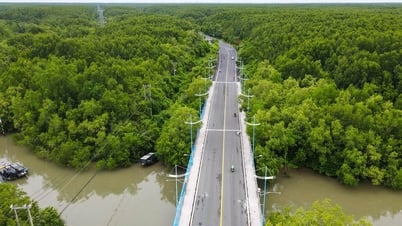



















![[Photo] General Secretary To Lam chairs the 14th Central Military Commission Conference](https://vphoto.vietnam.vn/thumb/1200x675/vietnam/resource/IMAGE/2025/6/20/a9d25fc6dd664fb9a3757502f32e5db0)






















![[Maritime News] Wan Hai Lines invests $150 million to buy 48,000 containers](https://vphoto.vietnam.vn/thumb/402x226/vietnam/resource/IMAGE/2025/6/20/c945a62aff624b4bb5c25e67e9bcc1cb)


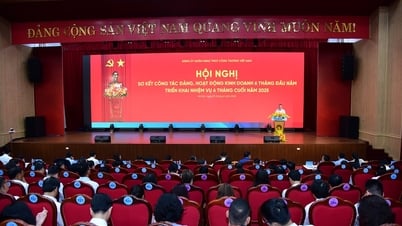







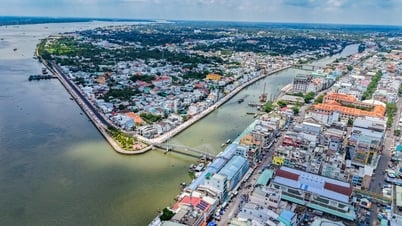


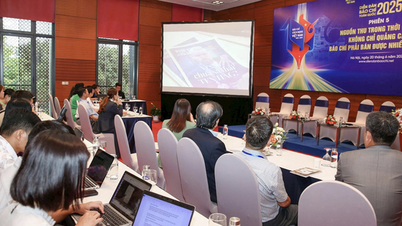






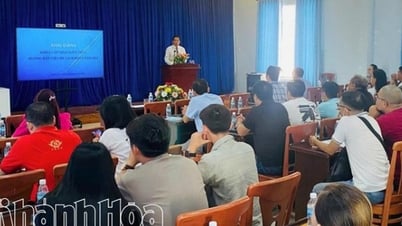
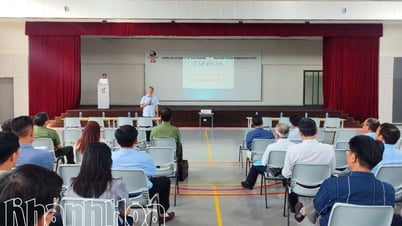



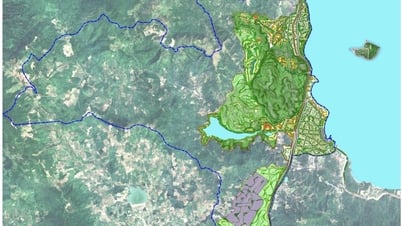

















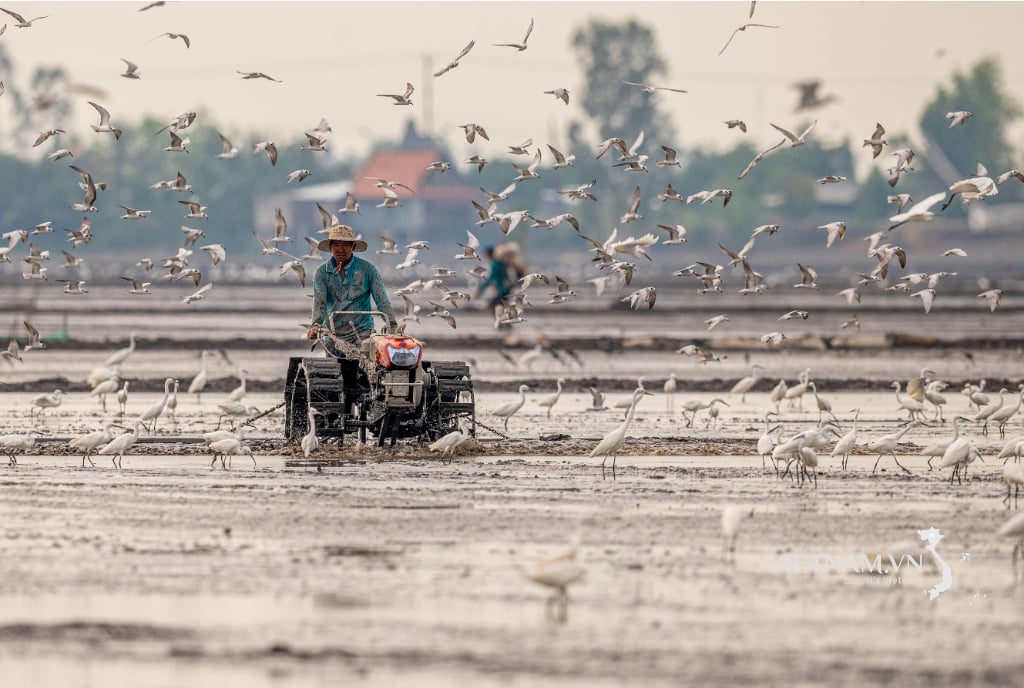
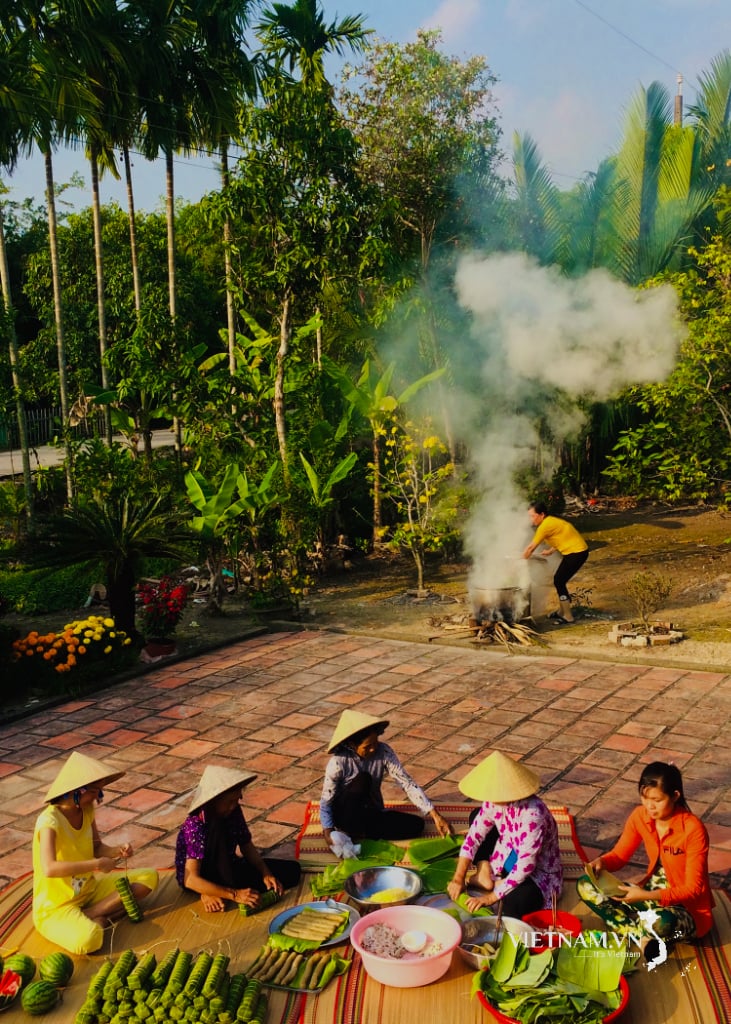
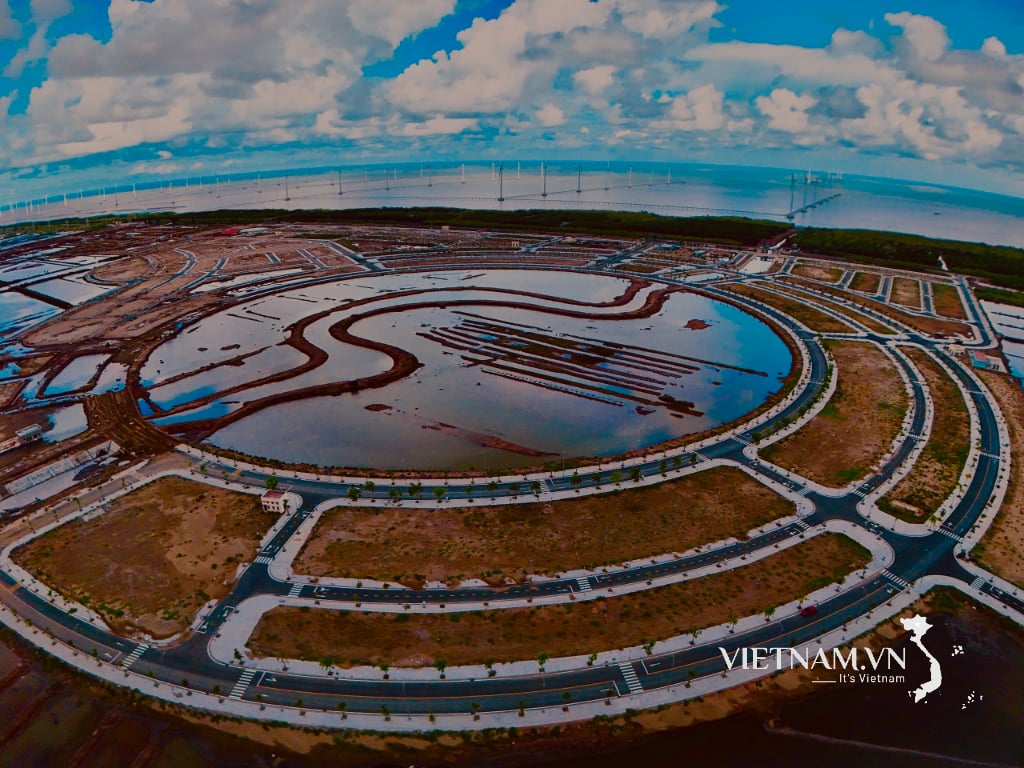

Comment (0)